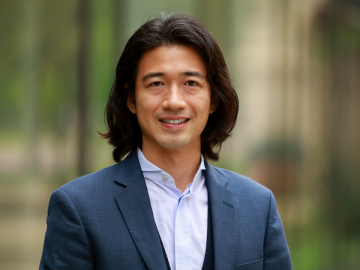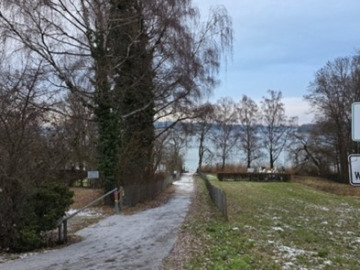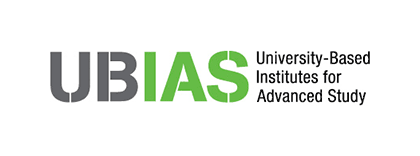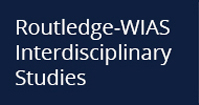WIAS Research Project Seminar Series Waseda Organizational and Financial Economics Seminar “The Great Pyramids of America: A Revised History of US Business Groups, Corporate Ownership and Regulation, 1930-1950 ” by Dr. Yishay Yafeh(Professor, School of Business Administration, The Hebrew University, Israel)(1/25)
| 講演者 Speaker |
Yishay Yafeh (Professor, School of Business Administration,The Hebrew University, Israel ) Profile (Please click here) |
|---|---|
| 日 時 Date & Time |
Monday, 25 January 2016, 13:00 – 14:30 |
| 会 場 Venue |
Rm. 1111 on the 11th floor, Building #11, Waseda University |
| 主 旨 Outline |
Most listed firms are freestanding in the U.S, while listed firms in other countries often belong to business groups: lasting structures in which listed firms control other listed firms. Hand-collected historical data illuminate how the present ownership structure of the United States arose: (1) Until the mid-20th century, US corporate ownership was unexceptional: large pyramidal groups dominated many industries; (2) About half of these resembled groups elsewhere today in being industrially diversified and family controlled; but the others were tightly focused and had widely held apex firms; (3) US business groups disappeared gradually, primarily in the 1940s, and by 1950 were largely gone; Their demise took place against growing concerns that they posed a threat to competition and even to society; (4) We establish a link between the disappearance of business groups and reforms that targeted them explicitly – the Public Utility Holding Company Act (1935) and rising intercorporate dividend taxation (after 1935), or indirectly – enhanced investor protection (after 1934), the Investment Company Act (1940) and escalating estate taxes. Banking reforms and rejuvenated antitrust enforcement may have indirectly contributed as well. These reforms, sustained in a lasting anti-big business climate, promoted the dissolution of existing groups and discouraged the formation of new ones. Thus, a multi-pronged reform agenda, sustained by a supportive political climate, created an economy of freestanding firms. |
| プログラム Schedule |
13:00 Opening Remarks (Hideaki Miyajima (Waseda University)) 13:05 Presentation 14:05 Question-and-answer session 14:25 Concluding Remarks(Hideaki Miyajima (Waseda University)) |
| 対 象 Prospected Audience |
Faculty and staff members of a university, grad students, the general publics |
| 主 催 Organizer |
Research Institute of Business Administration,Waseda University Waseda Institute for Advanced Study,Waseda University |
| 申込み Registration |
No Pre-Registration Required. |










